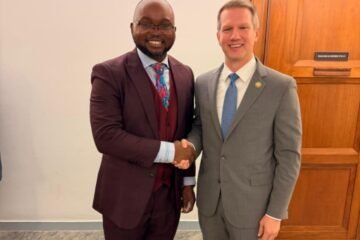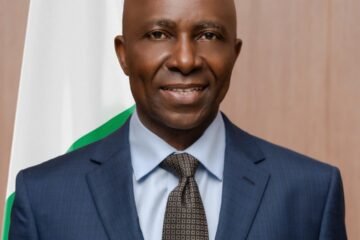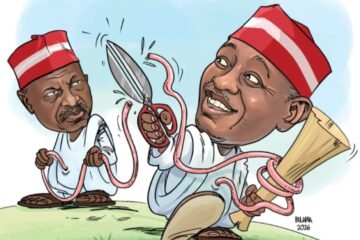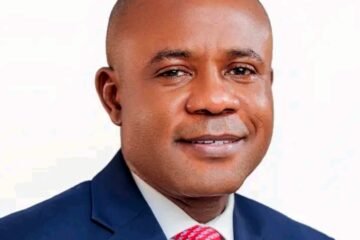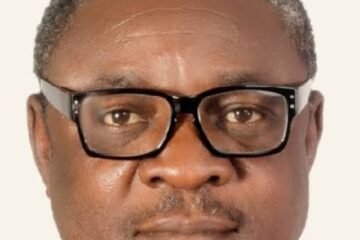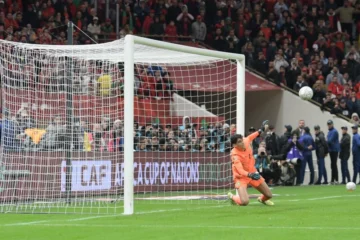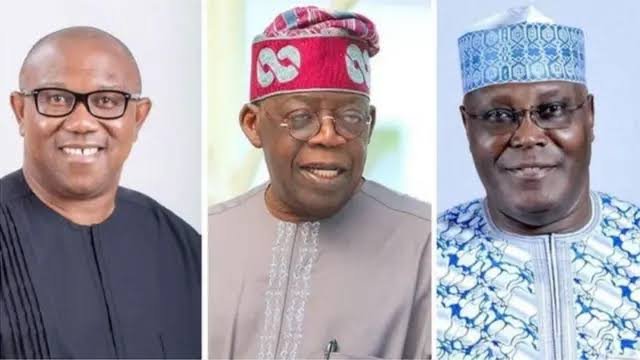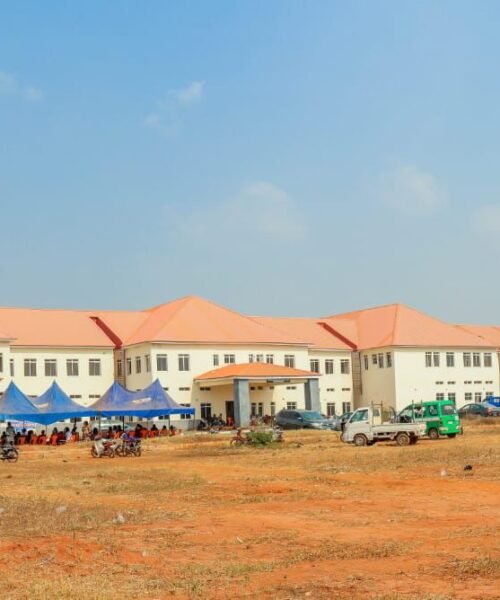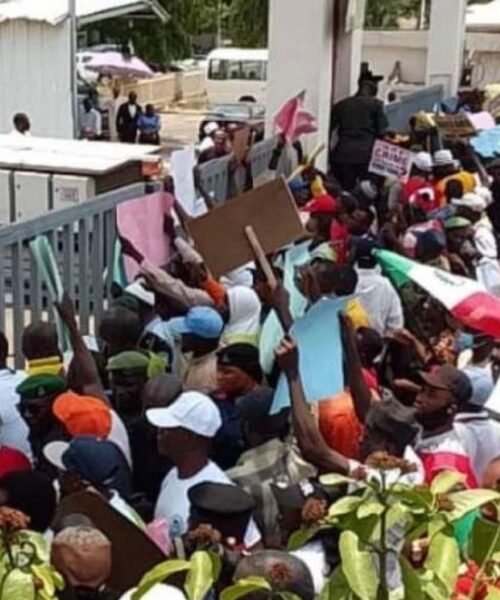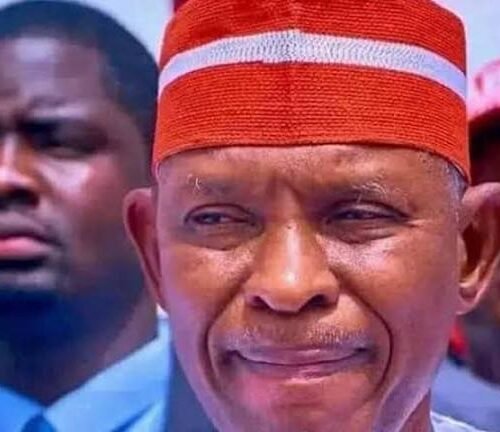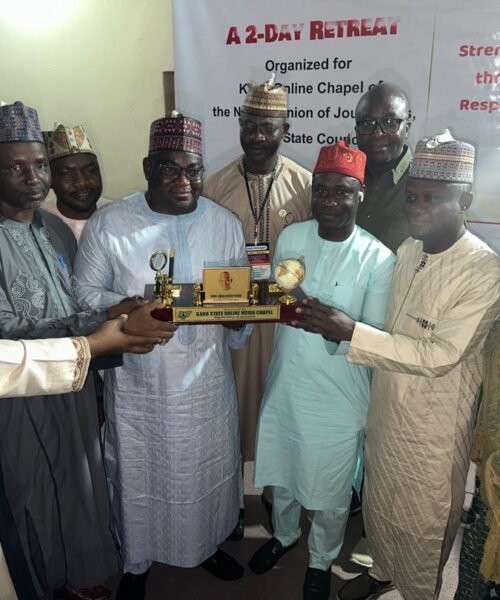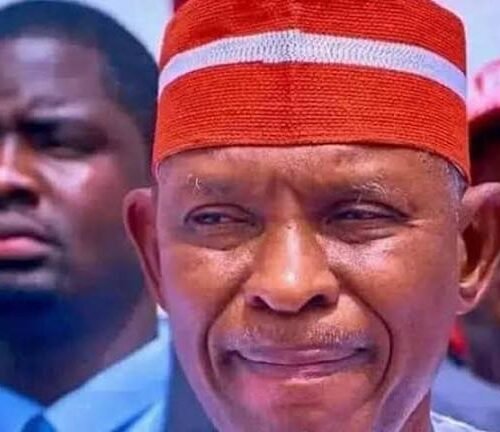*Protagonists Believe President’s Imposition Of Crushing Poverty, Rising Bloodfest From Insecurity Have Angered Nigerians
*Opposition Camps Banking On Atiku Allies’ Northern Influence, Obi’s Southern Power Bases
*Obidients Kick Over VP Role
As Nigeria’s political landscape heats up ahead the 2027 presidential election, a proposed coalition between former Vice President (VP), Atiku Abubakar, and Labour Party (LP)’s 2023 presidential candidate, Peter Obi, has sparked intense debate across the nation.
Reports,though now denied, said that Atiku’s camp has offered Obi the VP slot in a single-term power-sharing agreement, with Atiku committing to serve one four-year term before handing over to Obi, in 2031.
The proposal, first revealed in private talks in the United Kingdom (UK) earlier this year, has elicited a cacophony of reactions from Nigerians, ranging from cautious optimism to outright rejection, with significant pushback from Obi’s mass of loyal supporters, the Obidient Movement.
The coalition proposal stems from a recognition among opposition leaders that a fragmented front, as seen in the 2023 elections, enabled President Bola Tinubu’s victory.
Atiku, the Peoples Democratic Party (PDP) candidate in 2023, and Obi together garnered significant votes but fell short due to their split support base.
Going by the results released by the Independent National Electoral Commission (INEC), Bola Tinubu (now president) of the All Progressives Congress (APC) polled 8, 794,726, or 36.61% of the total valid votes cast.
INEC declared that Atiku got 6,984,520, representing 29.07% of the vote.
According to INEC too, Obi secured 6,101,533 votes, amounting to 25.40% of the total, while the flagbearer of New Nigeria Peoples Party (NNPP), Senator Rabiu Musa Kwankwaso coasted home with 1,496,687 votes, or 6.23% of the votes cast.
The strategic thinking of the top two opposition camps is that an addition of their votes earned would amount to 13,086, 053, way above Tinubu’s vote.
They believe, if a free and fair election is guaranteed by INEC, amid Tinubu’s alleged non-performance so far and their conviction that the poverty in the land would only worsen ahead 2027, then their combined power bases coupled with the anger in the country over the president’s economic policies and unceasing insecurity, will sway Nigerian voters against Tinubu, who is expected to seek re-election.
The new plan aims to unify their strengths: Atiku’s political machinery and Northern influence combined with Obi’s widespread appeal, particularly among young Nigerians and Southern voters.
According to sources, Atiku has agreed to serve a single term from 2027 to 2031, with Obi as his running mate, after which Obi would take over for two terms.
The deal reportedly includes considerations for a new political platform, possibly the African Democratic Congress (ADC) or Social Democratic Party (SDP), given the ongoing crises in both the PDP and LP.
This strategic move is seen as an attempt to consolidate opposition forces to challenge the ruling APC and unseat Tinubu in 2027.
Mixed Reactions Across Nigeria
Some Nigerians view the Atiku-Obi coalition as a pragmatic step toward ousting the APC, which many criticize for economic hardships and governance challenges.
Political analysts like Kelly Agaba argue that the coalition’s chances are bolstered by the involvement of key stakeholders, including Northern leaders such as Nasir El-Rufai and potentially 15 governors.
Supporters on social media platforms, such as X user Theo Agada, have suggested that reviving the 2019 Atiku-Obi ticket with a one-term promise could galvanize voters, stating, “Repeat the 2019 ticket and promise to do one term. Then watch the Nigerian people do their thing.”
Others see Obi’s appeal among the youth and Atiku’s established political network as a winning formula.
A source close to the coalition emphasized, “The leaders have all agreed that it’s only a coalition between Atiku, Obi, and others that can wrest power from Tinubu.”
For some, the proposal signals a willingness to prioritize national interest over personal ambition, with Atiku’s commitment to a single term viewed as a conciliatory gesture to Obi’s supporters.
Obidients’ Rejection: Dead on Arrival
However, The Obidient Movement, Obi’s fervent nationwide support base, has been vocal in its opposition to the proposal.
Many Obidients insist that Obi must be the presidential candidate or they will reject any alliance.
Reports highlight their stance: “Any arrangements without Obi as the presidential candidate is dead on arrival.” This sentiment is echoed across X, where users like @afrisagacity called Obi accepting the VP role “the dumbest political move in Nigeria’s history,” arguing it would only benefit Tinubu by alienating Obi’s base.
Obidients view Obi as a symbol of a new Nigeria, untainted by the old political guard, and see the VP offer as a demotion that undermines his 2023 momentum, where he won 11 states, including Tinubu’s stronghold, Lagos, and the Federal Capital Territory.
Yunusa Tanko, National Coordinator of the Obedient Movement, denied knowledge of any such deal, stating, “There was nothing of this nature on the table. He has not shared with me any of this particular issue.”
This suggests either a lack of consultation with Obi’s inner circle or deliberate caution to avoid alienating supporters.
Skepticism, Criticism
Skeptics question the feasibility and sincerity of the coalition. Some Nigerians, like X user
@tajudine2013gm2 expressed distrust in the power-sharing agreement, warning that even if successful in 2027, Northern or South-Western interests could undermine Obi’s presidency in 2031. The user did not, however, say how.
Others, including PDP chieftain Diran Odeyemi, have dismissed Atiku’s ambitions, urging him to step aside for younger leaders.
The Arewa Consultative Forum (ACF) also raised doubts about the coalition’s viability, with Professor Mohammed Baba noting that the opposition lacks a unifying figure or clear ideological vision, unlike Buhari’s 2015 coalition.
Additionally, defections from the PDP to the APC, including high-profile figures like Delta Governor Sheriff Oborevwori, have weakened the opposition’s cohesion, further fueling skepticism.
Critics also point to Atiku’s age—81 by 2027– as a concern, despite comparisons to the U.S. President Donald Trump’s political longevity.
Meanwhile, the APC has dismissed the coalition as “political theatrics,” with spokesperson Bala Ibrahim asserting that the ruling party remains focused and unthreatened.
The proposal also highlights regional and ethnic considerations. Some X users like
@moore_ojo suggested that Obi’s acceptance of the VP role could be seen as deference to Northern interests, potentially alienating South-Eastern supporters who view him as a champion.
The Atiku-Obi coalition proposal has polarized Nigerians, reflecting deep-seated desires for change alongside distrust in political maneuvering.
While some see it as a strategic masterstroke to unseat Tinubu, others, particularly Obidients, view it as a betrayal of Obi’s transformative vision.
As coalition talks progress, with plans to announce developments soon, the opposition faces the daunting task of uniting diverse interests and convincing a skeptical electorate.
For now, the 2027 election remains a distant but fiercely contested battleground, with Nigerians watching closely to see if the coalition can transcend rhetoric and deliver a viable alternative to the APC’s dominance.
The coming months will be critical in determining whether Atiku and Obi can bridge their differences and rally a fragmented nation behind a shared vision.
*Aside the headline, riders and some editorial flesh-up in the body, this piece was culled from The Trumpet.

